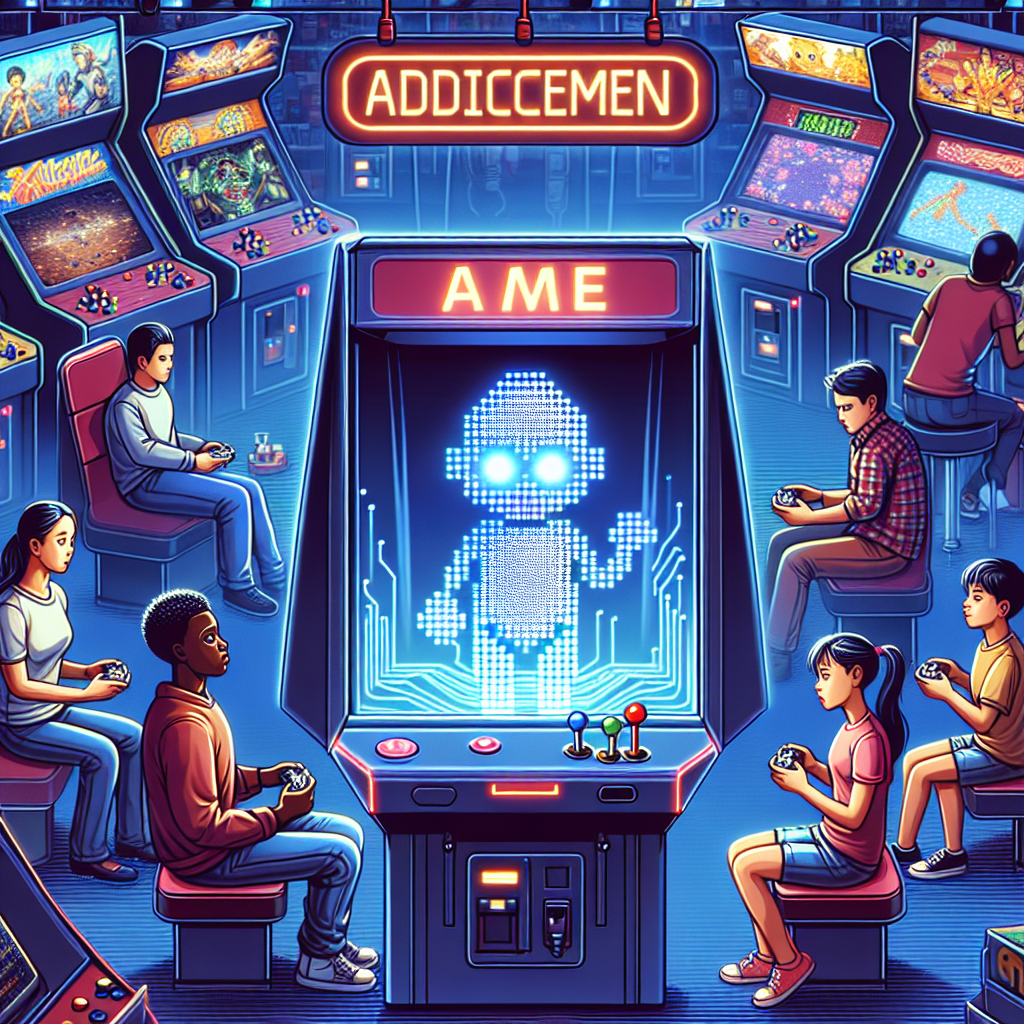Artificial Intelligence (AI) has been revolutionizing the gaming industry by enhancing player engagement in games. AI technologies have made significant advancements in recent years, enabling game developers to create more immersive and interactive gaming experiences. From intelligent NPCs to dynamic game environments, AI has the potential to take gaming to a whole new level.
One of the key ways in which AI enhances player engagement in games is through the creation of intelligent non-player characters (NPCs). NPCs are characters that are controlled by the game’s AI rather than by a human player. AI-powered NPCs can be programmed to exhibit human-like behaviors and responses, making them more realistic and challenging opponents for players. By incorporating AI into NPCs, game developers can create more dynamic and unpredictable gameplay experiences, keeping players engaged and entertained for longer periods of time.
In addition to intelligent NPCs, AI can also be used to create dynamic game environments that respond to player actions in real-time. For example, AI algorithms can be used to generate procedurally generated levels that adapt to the player’s skill level and play style. This can help to keep the game challenging and engaging, even for experienced players who have mastered the game’s mechanics. AI can also be used to create dynamic weather systems, day-night cycles, and other environmental effects that add to the immersion of the game world.
Another way in which AI enhances player engagement in games is through the use of predictive analytics. AI algorithms can analyze player behavior and preferences to predict future actions and tailor the game experience accordingly. For example, AI can be used to recommend personalized content to players based on their past interactions with the game. This can help to keep players engaged by offering them content that is relevant to their interests and preferences.
AI can also be used to enhance the social aspects of gaming by creating intelligent matchmaking systems that pair players with others who have similar skill levels and play styles. This can help to create a more balanced and competitive multiplayer experience, keeping players engaged and motivated to continue playing. AI-powered chatbots can also be used to facilitate communication between players, providing tips, guidance, and support when needed.
Overall, AI has the potential to revolutionize the gaming industry by enhancing player engagement and creating more immersive and interactive gaming experiences. As AI technologies continue to advance, we can expect to see even more innovative uses of AI in games that will push the boundaries of what is possible in gaming.
FAQs:
Q: How does AI enhance player engagement in games?
A: AI enhances player engagement in games by creating intelligent NPCs, dynamic game environments, predictive analytics, and social matchmaking systems that tailor the game experience to the player’s preferences and skill level.
Q: What are some examples of AI-powered NPCs in games?
A: Examples of AI-powered NPCs in games include enemies that adapt to the player’s tactics, allies that provide assistance in combat, and non-player characters that exhibit human-like behaviors and responses.
Q: How does AI analyze player behavior to predict future actions?
A: AI algorithms analyze player behavior by tracking in-game actions, preferences, and interactions to predict future actions and tailor the game experience accordingly.
Q: How can AI enhance the social aspects of gaming?
A: AI can enhance the social aspects of gaming by creating intelligent matchmaking systems that pair players with others who have similar skill levels and play styles, as well as chatbots that facilitate communication between players.
Q: What are some potential future uses of AI in gaming?
A: Some potential future uses of AI in gaming include creating more realistic and immersive game worlds, enhancing player customization options, and developing more sophisticated AI-powered NPCs with advanced behavior and decision-making capabilities.

